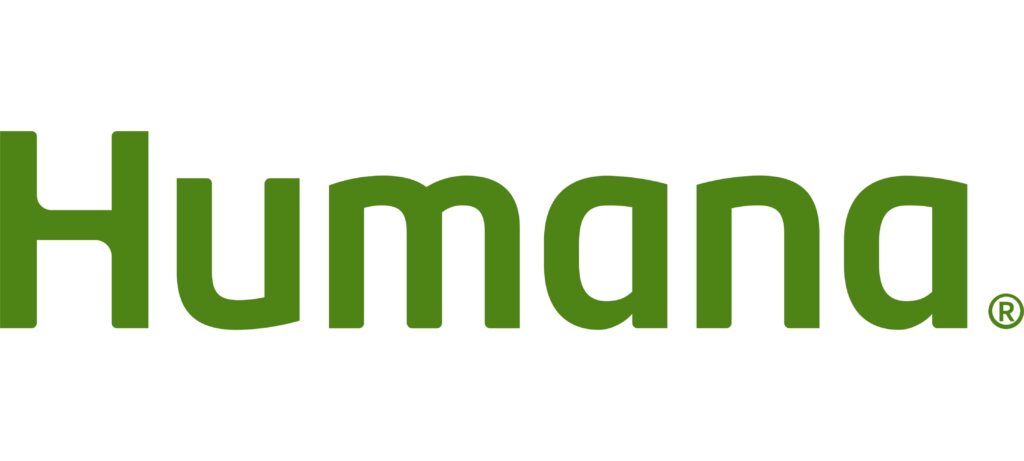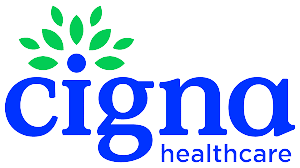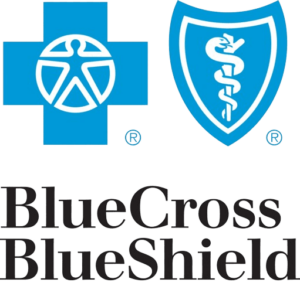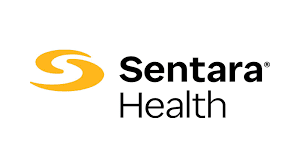Dual Diagnosis: Trauma and PTSD Treatment at The Farley Center in Virginia addresses the intricate relationship between trauma, Post-Traumatic Stress Disorder (PTSD), and substance use disorders. Understanding that individuals who experience trauma and PTSD are at a higher risk of developing addiction, our specialized dual diagnosis program offers a holistic approach to healing. By treating both the psychological effects of trauma and the complexities of addiction simultaneously, we aim to provide a comprehensive path to recovery. Our experienced team is committed to supporting each individual through their healing journey, utilizing evidence-based therapies and personalized care plans. If you or a loved one is struggling with trauma-related issues and substance abuse, The Farley Center is here to help. Please contact us for more information on our program.
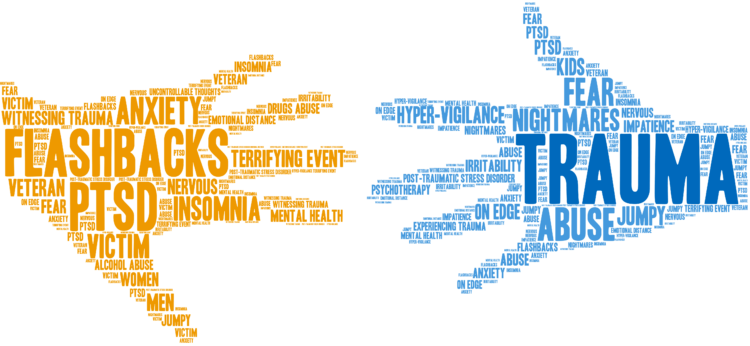
At The Farley Center in Virginia, we understand the complexities of treating PTSD and trauma, especially when intertwined with addiction. Our dual diagnosis program is designed to address these challenges, offering a path to healing and recovery. If you or a loved one is in need of support, contact us at (888) 707-3220 to learn more about how we can help.
It is our hope that when you’re ready to take your first step towards recovery, you won’t have to worry about how you’ll cover the costs of your recovery program. We accept most major health insurance plans, and offer complimentary insurance verification.



